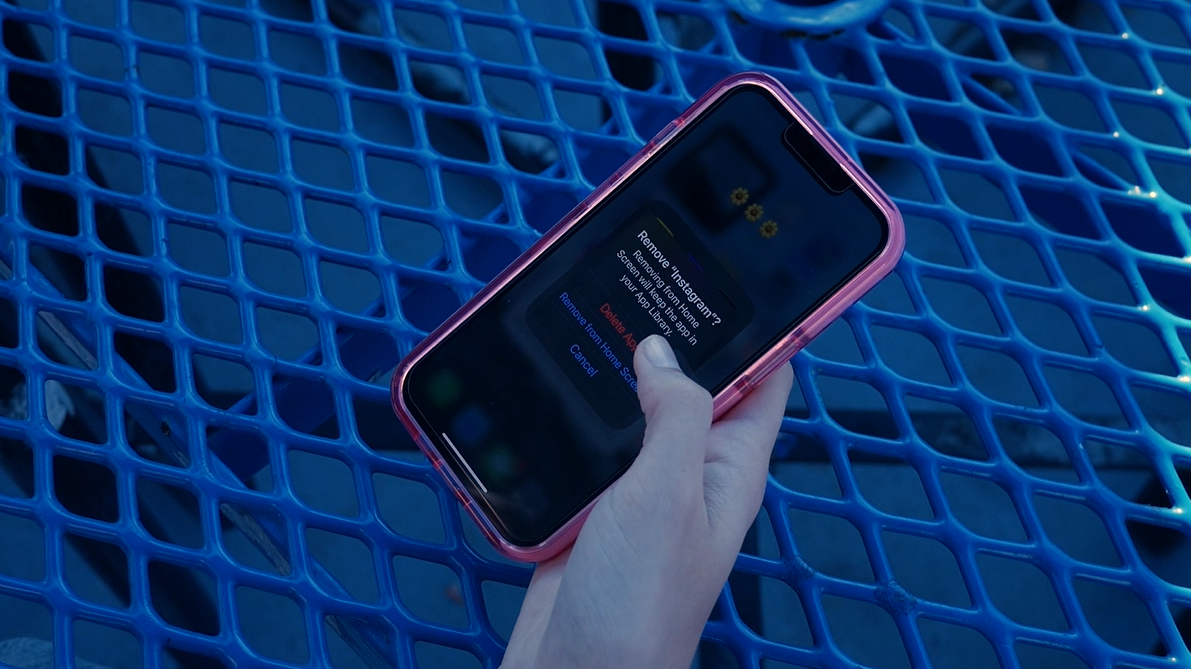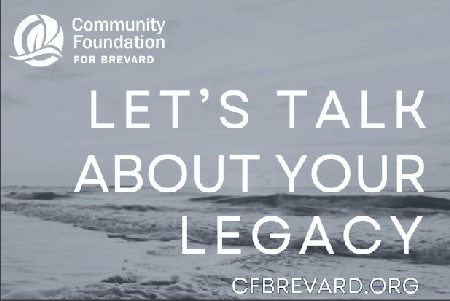Driven to distraction: Looking for ways to cope during a lockdown
May 12, 2020
Senior Elizabeth Pickering said she got so tired of her house the other day that she drove around town for four hours by herself. By the end of her journey she had traveled 107 miles.
“I drove past school and realized that I really miss [it],” she said. “In the upcoming weeks I hope that people just stay away from large groups so that life can go back to normal as soon as possible and the social distancing measures can be loosened up a bit.”
“Being stuck at home” versus “being safe at home” has been a heated topic among students and their families. Either way, social distancing measures have led to increasing mental strain for students.
“The most stressful part of this pandemic has been not knowing when everything will go back to normal,” Pickering said. “I used to see my friends every day at school, and the last time I saw any of them was months ago.”
Prior to March 13, a typical day for a student consisted of waking up early, following a routine bell schedule, and leaving school to return home for an evening of homework and studying. But because of distance-learning, schedules no longer are fixed.
“I would say the stress stems from having to go through my school day by myself and not actually going into class and following a normal routine,” Pickering said. “Since we left school, I basically don’t have any routine that I do every day, which feels really weird. I’m generally a night person, so I really like that I can sleep in till about 10 now.”
The pandemic lockdown has left Joshua Lopez (11) worrying about his grandfather, who went blind during the pandemic.
“Stress is really induced by school and not being able to see my grandparents,” Lopez said. “They need assistance, and I am unable to help them.”
Lopez said his family has tried to maintain a sense of normalcy while still adhering to safety precautions.
“My parents are still working,” he said. “Most of the time they have to wear masks and stay sanitized. I just have to worry about my older family, since they are at a bigger risk.”
Because most of her family lives in Orlando, Pickering has found that distance to be challenging.
“We don’t see [my family] super-often,” Pickering said. “But not knowing when I’m going to see them again is kind of sad. My brother, who goes to UCF, has been quarantined in his apartment just off campus, but at least he’s got two roommates keeping him company. My grandmother and her boyfriend have been staying at their house, which I’m sure has been difficult getting because I know they love getting out of the house.”
While social distancing has opened the doors for some to spend more time with family, others like Pickering’s aunt, are social-distancing in insolation.
“I feel bad for her because she lives alone and I know it must be rough not seeing people because she’s easily one of the most social people I know,” Pickering said.
Shane Winsten (9) said he experiences anxiety from not going outside his house and often argues with his brother.
“I have just been hoping for the day we get to be free,” Winsten said.
School counselor Hannah Smith said stress during this pandemic stems from “the uncertainty and lack of control in your environment.” Having experienced virtual school when she spent time in Korea, when there was a lack of English school throughout the country, Smith said she understands the “big adjustment” students have faced. In addition, Smith attended college in Tokyo “through countless natural disasters,” including the Fukushima Daiichi accident.
“Through all of those emergency situations,” Smith said, “the biggest feeling was the sense of uncertainty of what was going to happen next. The truth is, we cannot control what happens around us, but we can control our reaction and outlook on it. Remaining positive, giving yourself and others grace and reaching out for help when you need it are all things that you can control.”
Despite worries regarding the pandemic, Smith said social-distancing poses an opportunity for students to “work on a goal that you wouldn’t have otherwise been able to do.” For Smith, those goals have taken the form of reading, writing and spending time with family.
Lopez said he has been reading as well, in addition to watching films and practicing the drums. For Winsten, taking a break from the sometimes strenuous school schedule means an opportunity to play “Fortnite.” He’s currently training to qualify for an online tournament.
“I think the positive aspects are all in how you look at your own situation,” Smith said. “The most general I can think of would be, what privilege we have to keep educating and keep you guys on track for your goals and dreams through the use of technology.”
With each passing day feeling relatively mundane and repetitive, Pickering has found comfort in setting aside time to relax, sit outside on her porch and go for walks.
“[Use] this time to slow down, to reconnect with family members, to prioritize what’s important, to rest,” Smith said. “I think it’s taught a great deal of how our society pushes busyness over restfulness, and we have to take time to rest and engage in self-care so we don’t end up burnt out.”
Smith said during these uncertain times, it’s important to walk away when a student feels angry, sad or upset. She advises students to channel their stress into exercise, art, music, writing and meditation. Technology also provides students a way to reach out to friends and family to talk to.
“The biggest thing is to recognize what you’re feeling,” Smith said. “You cannot be expected to be OK every single minute of every day during this, or ever. What matters is recognizing it and doing something that you enjoy to get out that negativity.”
Students are cautioned to notice what they can and cannot control during these unexpected times. This includes the inability to control the health of family members, as is the case with Lopez and his grandfather.
“When a family member’s health is of worry,” Smith said, “the best you can do is pray if you’re a person of faith or, if not, still utilize the power of positive thinking and being there for them. Funneling the negative energy into expressions of art or any other means can help with relaxing your mind and body.”
In addition, the cancelation of plans and events, some cancelations extending through the months of summer, has been a common source of not only stress, but anger and disappointment among students.
“I am genuinely so saddened for [the seniors],” Smith said. “I’m sure they’re feeling all sorts of intense emotions about it and that’s perfectly fine to feel. Talking about it and how disappointed you are can be a great way to get it out. Reaching out to others to just say ‘this sucks’ is what is needed. You will get through this and be stronger in the end. I know other events have been cancelled or delayed until further notice, in those instances just know that life often will not look how you planned it to be. Taking a moment to breathe and process your new reality is important. Then, refocus, reset and pull up the resilience in you to re-plan or figure out how to help those around you. It’s not always rainbows and butterflies, sometimes it’s storms and caterpillars that take time to evolve. You’ve got this. You will get through this.”
For most athletes, the absence of school sports and gym closures have caused aggravation. Lopez said he’s gotten creative to stay in condition during his time away from Killer Bees HQ, where he would normally workout. He’s resorted to push-ups, sit-ups, running, shadow boxing and cutting tree limbs for exercise.
Smith proposes that students download workout apps, or try workouts outside.
“Lace up the shoes,” Smith said. “Running and walking has been like therapy to me to get out of the house and just take a moment to be mindful and grateful of the ability to go outside still and have my health. With sports, you could use this time to practice some skills you’ve been wanting to hone in on or just condition your body for the next season so you’re stronger than ever.”
For students such as Winsten who live with siblings, the struggle of arguments with family members can be difficult, especially when self-isolating in the same household.
“You cannot be responsible for another’s behavior,” Smith said. “But you can change your reaction to it. Why is your brother or sister annoying you? What is causing you to feel that way? Sometimes, we don’t know and that’s OK too. Other times we can. There’s a great researcher who states that between every stimulus and reaction there is a gap. So, next time you get in an argument before you respond, take that gap and evaluate. What’s going on here? What is happening internally with me? Changing your reaction to the situation is all within your control.”
One particular question seems to be recurring daily: “When will I be able to see my friends again?”
“I am such an extrovert that not seeing my friends has really taken a toll,” Smith said. “I like to call it the ‘extrovert hole’ in which you fall into this weird ‘oh my gosh I need social interaction’ mindset. What I find helps is connecting through technology. Schedule movie nights where you Zoom or FaceTime your friends watching the same movie. Or just watch it together and text each other. The thing to realize is it’s not the activity that you’re missing, it’s the people. Calling them instead of texting just to check-in can be drastically different. Also, remember that this isn’t forever. This is a temporary solution to ensure that everyone will stay healthy. You will have friends after this. Your friends are feeling the same thing. Talk about it, be open,and lean on each other to create as much of a sense of normalcy as you can.”
While the coronavirus has posed a variety of challenges to families, generating feelings of stress and helplessness, Smith challenges students to follow the notion of “being safe at home.”
“Remembering that ‘this too shall pass’ is also key in keeping a good mindset,” she said. “We must realize that this may feel like forever, but it’s not. Just hold on, we’re almost there. One day, you’ll recount this story to your children or to your grandchildren, and you get to decide what the narrative will be. Let’s write a good one.”






















































